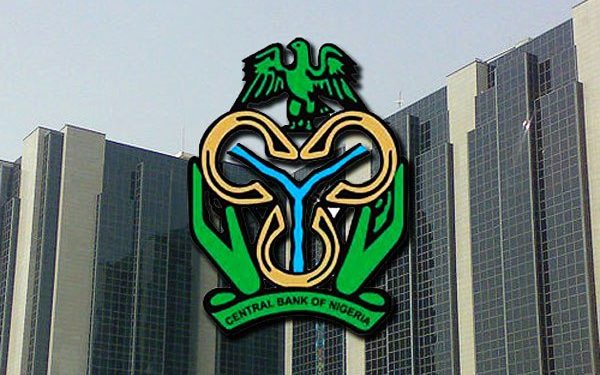- Cardoso stated that the CBN has taken decisive actions to ensure the safety, soundness, and resilience of the banking industry which include recapitalization
Governor of the Central Bank of Nigeria (CBN), Olayemi Cardoso, says measures and “strategic interventions” of the apex bank have produced convincing outcomes.
He stated this while making a presentation at a stakeholders’ meeting held by the House Committee on Banking Regulations, on Tuesday.
Cardoso stated that the CBN has taken decisive actions to ensure the safety, soundness, and resilience of the banking industry which include recapitalization by raising the minimum capital base to support the $1 trillion economy envisioned by the Federal Government by 2030.
He said, “Banks are required to meet these new thresholds by March 31, 2026, with several options available for reaching these targets. These options include issuing of new equities, engaging in mergers and acquisitions, or adjusting their operational licenses.
“The Bank also revoked the licence of Heritage Bank, facilitated the successful merger of Unity Bank and Providus Bank, revised Cybersecurity Rules for Banks and PSPs, suspension of processing fees on cash deposits, and enhanced AML/CFT supervision, amongst others.
“Amidst the identified challenges, the Bank’s sustained reforms and strategic interventions have produced encouraging outcomes in diverse areas of our financial landscape and the broader economy.
*Overall, the banking industry remains sound, safe, and resilient, with improvements in liquidity and asset quality,” he said.
On the outlook for the economy, Cardoso said he was confident as the country expects continued positive growth, especially in the non-oil, oil and industrial sectors.
“However, we remain cautious about potential global economic disruptions and domestic challenges. We project the Services sector to remain the primary economic driver, while the Industrial sector is expected to continue its recovery,” he said.
Cardoso informed the committee that the CBN’s monetary and fiscal policy coordination had strengthened collaboration because several joint committees have been instituted to build synergy and provide platforms for key stakeholders’ engagements to explore ways through which implementation and fiscal operations can be conducted in a mutually reinforcing manner.
He added, “Overall, our policy measures reflect a holistic approach to addressing various challenges in the economy. While some measures have immediate effects, others are designed to bring about long-term structural changes. Our ultimate goal is to create a more stable, resilient, and efficient monetary and financial system that can better serve the Nigerian economy, while adhering to global best practices.”
The CBN governor added that a lot of policy initiatives put in place were yielding significant results across various sectors of the economy, particularly the foreign exchange market.
He said, “We have achieved increased transparency and improved overall supply. By allowing the foreign exchange rate to be determined by market demand and supply, the CBN has reduced arbitrage and speculative activities, and eliminated the front-loading of FX demand.
“These policy measures have effectively narrowed the exchange rate disparities between the NAFEM and BDC segments, which have largely led to the convergence of FX rates. Improved transparency in the market has restored market confidence leading to increased capital inflows which enabled the CBN to clear existing FX backlogs.
“The settlement of all legitimate backlogs of outstanding FX obligations by the Bank has significantly improved Nigeria’s credibility and ratings across the global financial market, helping to boost investor confidence, and enhanced liquidity in the foreign exchange market.”
According to him, with improved investor confidence, foreign investments have increased as evidenced by a significant rise in capital importation by 65.56% to $6.49 billion between January and July 2024, compared to US$3.92 billion in the corresponding period of 2023.
